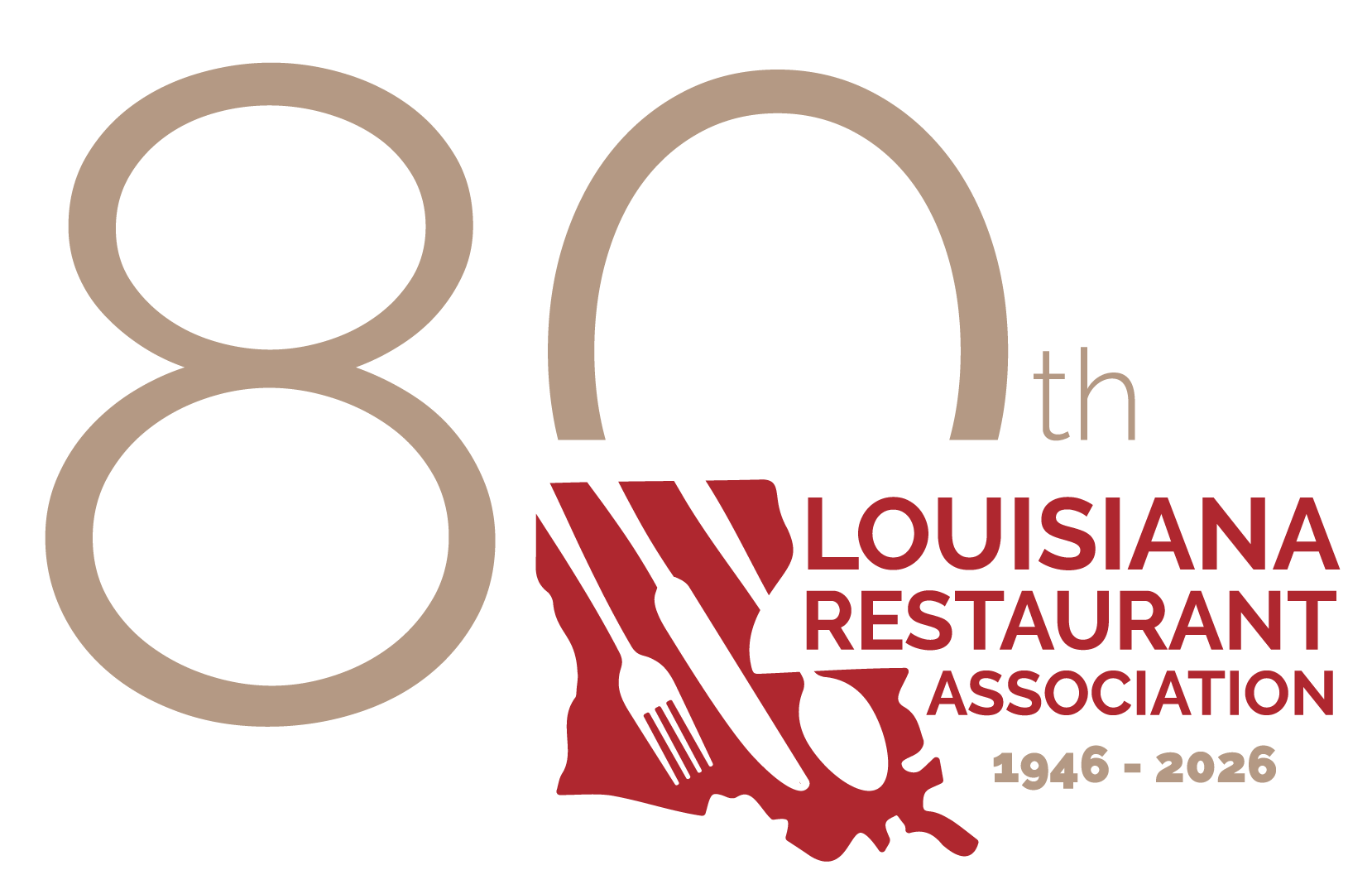Latest News
NFSM Week 4: Inside the Health Dept.’s Response to Foodborne Outbreaks: What Should You Expect?

Sep 23, 2024
Even in the most well-run restaurants, a foodborne outbreak may occur. An outbreak is when multiple people get sick from eating the same food. Many foodborne outbreaks in restaurants are identified from customer complaints of illness to the health department.
Restaurant managers and staff may be used to seeing health department inspectors in the restaurant. However, outbreak investigations are different from routine inspections.
- Routine inspections focus on ensuring restaurants meet food safety regulations. They are focused on food safety practices and conditions at the time of the inspection.
- Investigations focus on identifying the specific food and circumstances that led to the outbreak. This usually means they are focused on food safety practices and conditions that occurred in the past—at the time the food that caused the outbreak was prepared. Their goal is to identify what led to the breakdown in food safety that caused the outbreak.
Common Activities During an Investigation
During an investigation, investigators engage in a variety of activities to try to understand how and why the outbreak occurred:
- Interviewing outbreak restaurant managers and workers about food preparation policies and practices
- Reviewing preparation of any food items linked to the outbreak
- Collecting samples of food, surfaces, and equipment
- Taking temperatures of foods being stored and prepared
- Reviewing records, such as food temperature and sick worker logs
- Observing worker activities, including food preparation and cleaning
The Important Role of Restaurant Staff in Outbreak Investigation
As part of the investigation, the investigator may ask the restaurant manager or other staff about several topics:
- Menus and specials that were served during the dates of the illness outbreak: This will allow investigators to ask customers about certain food items they ate.
- How and where the suspected food items are prepared: This information provides detail on how the suspected food is prepared and allows the investigator to look for potential sources of contamination or identify where system failures may have occurred in the kitchen.
- Customer complaints that the restaurant may have received along with reservation lists, third party delivery service receipts, and credit card receipts: This information will allow investigators to interview both people who got sick and those who didn’t to understand what they ate and identify a likely food or ingredient behind the outbreak.
- Sales records for how many of a particular menu item was served: These records—alongside results of the interviews—provide information about how often a menu item was served. For example, if two people report becoming sick from a menu item that was only served twice, it’s more likely that item may be the culprit.
- Employee illness logs, timesheets, and work schedules: This information can help to identify if an employee was out sick before the outbreak—or got sick as a result of it.
- Purchase records and product labels including lot codes: Sometimes an outbreak in a restaurant is a cluster of a larger foodborne outbreak. These records allow for traceback of the suspected food to the point where it may have become contaminated.
- Differences in operations on the days that the outbreak likely occurred: This information can help an investigator understand if there was a change in typical operations, such as to handle increased volume of food prepared for an event.
- How suspected food items are prepared: Investigators may ask workers to prepare the food item that is suspected to have caused the outbreak. This is so investigators can see if the food could have been contaminated during the preparation process.
Resources for Outbreaks and Emergencies
Restaurant managers can take steps to prepare for the unexpected, including outbreaks and other emergencies. How would your restaurant handle an emergency due to water or power outages? What about if a customer alleges illness from the restaurant?
With respect to preventing outbreaks, there are steps restaurant managers can take. Many restaurant managers are exploring how they can create a culture of food safety to help reduce risk of outbreaks and illnesses. These resources can help.
- Assess your food safety culture (CDC).
- Learn how to talk to sick workers (CDC).
- Explore our restaurant food safety website for more (CDC).
- Read industry guidelines from the Council to Improve Foodborne Outbreak Response (CIFOR).
- Try out the new employee health tool from the Food and Drug Administration (FDA).
